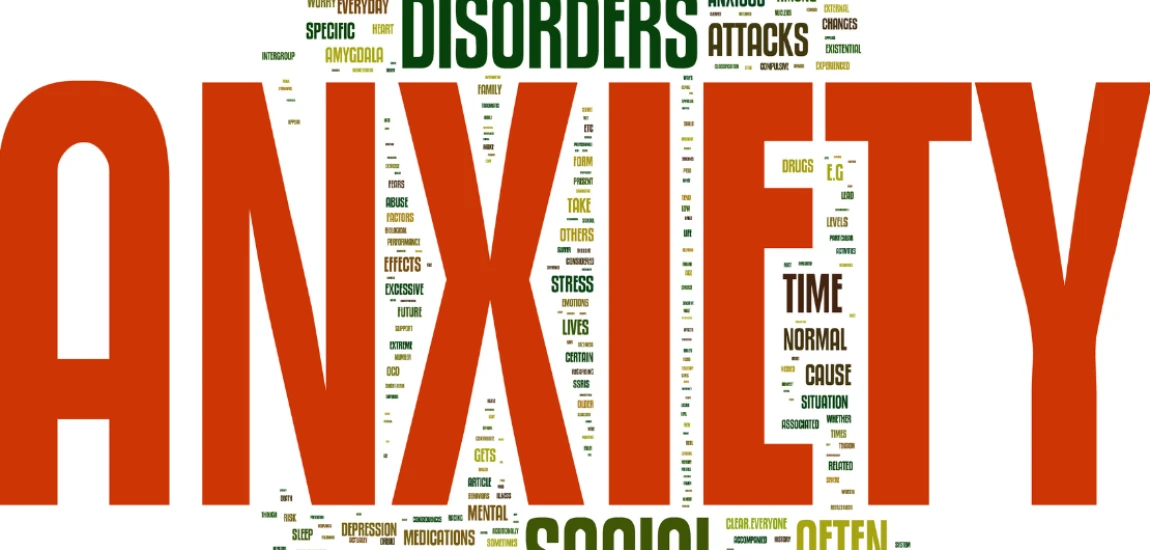Spoiler Anxiety: The Social Pressure of Binge Timing

The shift from weekly TV episodes to on-demand streaming has completely changed the way we consume entertainment. What used to be a collective experience of tuning in at the same time every week has transformed into a highly individualized activity. Yet paradoxically, this flexibility has given birth to a new kind of social pressure: spoiler anxiety.
Spoiler anxiety is more than just the fear of accidentally finding out who dies in the finale or how a big twist unfolds—it’s the constant awareness that someone, somewhere, is already ahead of you. Because shows now drop entire seasons at once, the race to finish before the internet ruins it has become an exhausting cultural norm. This pressure is especially strong for blockbuster series like Stranger Things, The Crown, or House of the Dragon, where major plot points trend online within hours of release.
Streaming’s double-edged sword
Streaming gave us control over when and how we watch, but that control comes at a price. While some binge-watch the moment new content drops, others with busier schedules or different time zones risk being left out of the conversation altogether. Spoiler anxiety keeps people glued to their screens, not always out of joy, but out of fear of exclusion.
Social media as spoiler minefield
Platforms like Twitter (X), TikTok, and Reddit amplify this tension. Memes, reaction clips, and fan theories often contain subtle—or blatant—spoilers. The result? People rush through episodes not necessarily to enjoy them but to protect their viewing experience from being ruined online.
The Social Pressure of Binge Timing

Spoiler anxiety isn’t just about entertainment—it’s about belonging. Media has always been part of how we bond with others, and in the streaming era, timing has become crucial. Those who finish shows first often dominate conversations, while those who lag behind are silenced or excluded.
The unspoken rules of binge culture
Among friend groups or online communities, there’s often an unspoken expectation to “keep up.” If you haven’t finished the latest season by the weekend, you may find yourself muting chats, avoiding calls, or skimming past social media posts. This collective urgency creates what feels like homework: bingeing as fast as possible to stay relevant.
Peer pressure and FOMO
Fear of missing out (FOMO) fuels spoiler anxiety. Viewers worry not only about plot points being spoiled but also about missing cultural conversations. A major episode drop becomes a social event, and failing to participate in real time can make fans feel like outsiders. This is especially true for shows with shocking twists or finales that dominate trending topics worldwide.
Work-life imbalance
The pressure to binge quickly can also clash with real-life responsibilities. Students, professionals, or parents with limited free time may feel punished by a culture that equates “watching fast” with “being a true fan.” The result is a cycle where leisure becomes stress, eroding the very escapism entertainment is meant to provide.
Spoilers as a Shared Cultural Language

Interestingly, spoilers themselves have evolved into a form of social communication. People drop cryptic references, inside jokes, or vague reactions to signal their place in the cultural timeline. For those caught behind, this coded language can feel like exclusion—or worse, temptation to peek before finishing.
The thrill of being first
There’s social currency in being among the first to watch and discuss. Early viewers often wield influence, shaping online discourse and framing initial reactions. This can create hierarchies in fandoms where “caught up” equals credibility.
Spoilers as bonding
On the flip side, spoilers can strengthen relationships. Shared reactions to shocking twists often spark emotional connections. But this works best when everyone is on the same page. When timing differs, that potential bonding becomes a wedge of separation.
The ethics of spoilers
Every fan community negotiates spoiler etiquette differently. Some platforms use tags and warnings, while others assume anything is fair game after 24–48 hours. But in a global streaming culture, where people watch at vastly different paces, there’s no universal rule. This lack of consistency heightens spoiler anxiety.
Coping Mechanisms in the Age of Overexposure

While spoiler anxiety is pervasive, viewers are developing strategies to manage it. These coping mechanisms highlight both the resilience and the exhaustion of modern fandom.
Avoidance as self-preservation
Some choose to log off social media until they finish a show. Others mute keywords, hashtags, or even entire platforms to shield themselves. While effective, this often means disconnecting from the digital communities that enhance fandom in the first place.
Scheduled bingeing
To minimize risk, viewers carve out binge marathons immediately after release—even if it means sacrificing sleep. Midnight premieres have become cultural rituals, ensuring fans can stay ahead of the spoiler curve. However, this often turns leisure into obligation.
Embracing spoilers
A minority of viewers have taken the opposite route: accepting spoilers as inevitable or even desirable. For them, knowing plot points ahead of time removes anxiety and allows for more relaxed viewing. Yet this approach can strip stories of their intended suspense and emotional payoff.
The Role of Streaming Platforms in Shaping Spoiler Culture

Spoiler anxiety doesn’t exist in a vacuum—it’s engineered, in part, by the platforms themselves. Streaming services have specific strategies that influence how audiences consume content.
Binge-drop model
Netflix popularized the binge-drop strategy, releasing entire seasons at once. This maximizes buzz but accelerates spoiler anxiety, as conversations peak within days instead of weeks. Fans who can’t keep up are quickly left behind.
Weekly release revival
In contrast, platforms like Disney+ and HBO Max often use weekly releases. This creates a slower cultural rhythm, allowing discussions to stretch over months. While spoilers still exist, the staggered pace reduces pressure by keeping audiences more synchronized.
Algorithm-driven hype
Recommendation algorithms also play a role. By pushing trending shows to the top of feeds, platforms create urgency to watch immediately. This urgency, combined with social media buzz, reinforces the sense that if you’re not caught up, you’re missing out.
Can We Ever Escape Spoiler Anxiety?

The big question is whether spoiler anxiety is here to stay or if audiences will adapt. While streaming has normalized binge pressure, shifts in viewing habits and audience expectations suggest possible change.
Toward spoiler etiquette
Some fandoms are advocating clearer spoiler rules—such as grace periods before posting plot details. Widespread adoption could ease anxiety and restore a sense of fairness across global audiences.
Reframing spoilers
Scholars argue that spoilers don’t always ruin enjoyment. In fact, knowing a twist in advance can enhance appreciation of storytelling craft. If audiences shift perspective, spoiler anxiety could lose its grip.
The future of collective viewing
Ironically, spoiler anxiety underscores a yearning for shared experience. Whether through synchronized streaming parties, weekly drops, or digital watch groups, the solution may lie in reclaiming the communal aspect of media. If platforms and fans embrace slower, more inclusive viewing, the social pressure of binge timing could soften.




